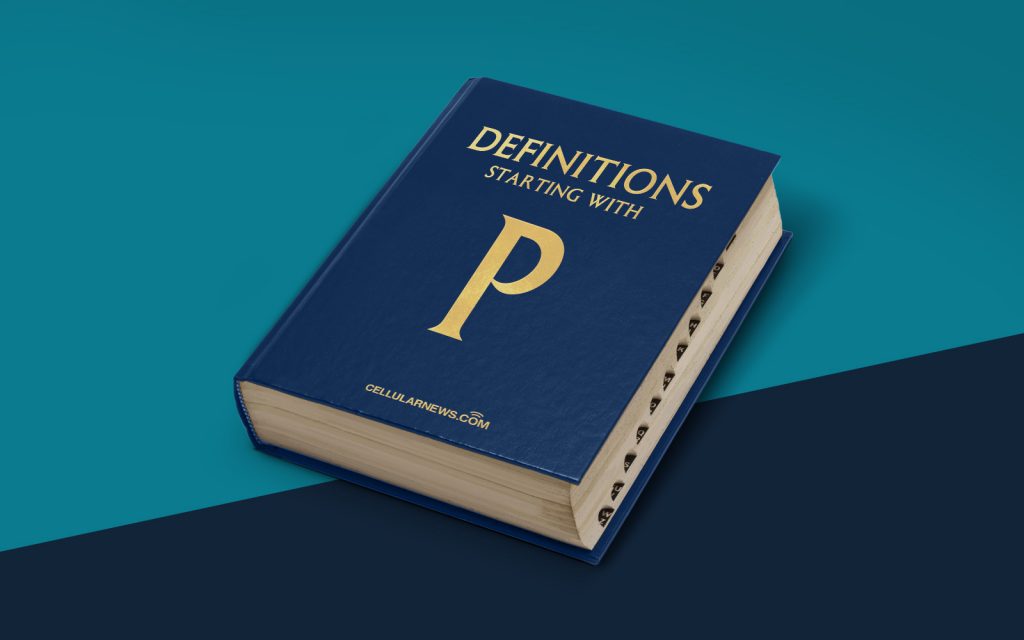
What is Paradox: Unraveling the Intricacies of a Fascinating Concept
Welcome to another exciting installment in our DEFINITIONS blog series! In this edition, we delve into the intriguing world of paradoxes. What is a paradox? How do they challenge our understanding of reality? Today, we will explore the enigmatic nature of paradoxes, unravel their intricacies, and provide you with a fresh perspective on these mind-bending conundrums.
Key Takeaways:
- Paradoxes are seemingly contradictory statements or situations that challenge our understanding of logic and reality.
- Paradoxes often expose the limitations of our thinking and can lead to new insights and understandings.
The human mind has a natural tendency to seek coherence and logical consistency. Yet, paradoxes, with their puzzling nature, manage to disrupt these expectations and provoke our intellectual curiosity. So, what exactly is a paradox?
A paradox is a statement, situation, or concept that appears to be self-contradictory or conflicting, but upon closer examination, reveals a deeper truth or complexity. It functions as a mental puzzle, often defying our conventional ways of thinking and requiring us to question assumptions and explore new possibilities.
Paradoxes can be found in various fields, including philosophy, mathematics, physics, and literature. They challenge the boundaries of our knowledge and invite us to think beyond conventional wisdom. Let’s take a look at a few famous examples:
- The Grandfather Paradox: Imagine someone traveling back in time and accidentally preventing their own grandparents from meeting. If they were never born, how could they have traveled back in time in the first place?
- The Sorites Paradox: If one grain of sand is not enough to make a heap, and adding a single grain cannot turn a non-heap into a heap, when does a collection of sand grains become a heap?
- Zeno’s Paradoxes: These paradoxes, formulated by the ancient Greek philosopher Zeno, challenge the concept of motion by presenting scenarios where an object appears to traverse an infinite number of distances in a finite time.
Key Takeaways:
- Paradoxes often challenge our basic assumptions and can lead to new and deeper understandings.
- They can stimulate critical thinking and creativity, encouraging us to question established beliefs and explore alternative perspectives.
As we ponder paradoxes, we must remember that they are not simply intellectual riddles without purpose. They serve as powerful tools for expanding our cognitive horizons, pushing the boundaries of what we thought was possible, and uncovering hidden truths within the complexity of life.
So, the next time you encounter a paradox, embrace its puzzling nature and let it spark your imagination. Who knows? You might just stumble upon a groundbreaking insight or challenge the boundaries of knowledge itself. Stay curious!
